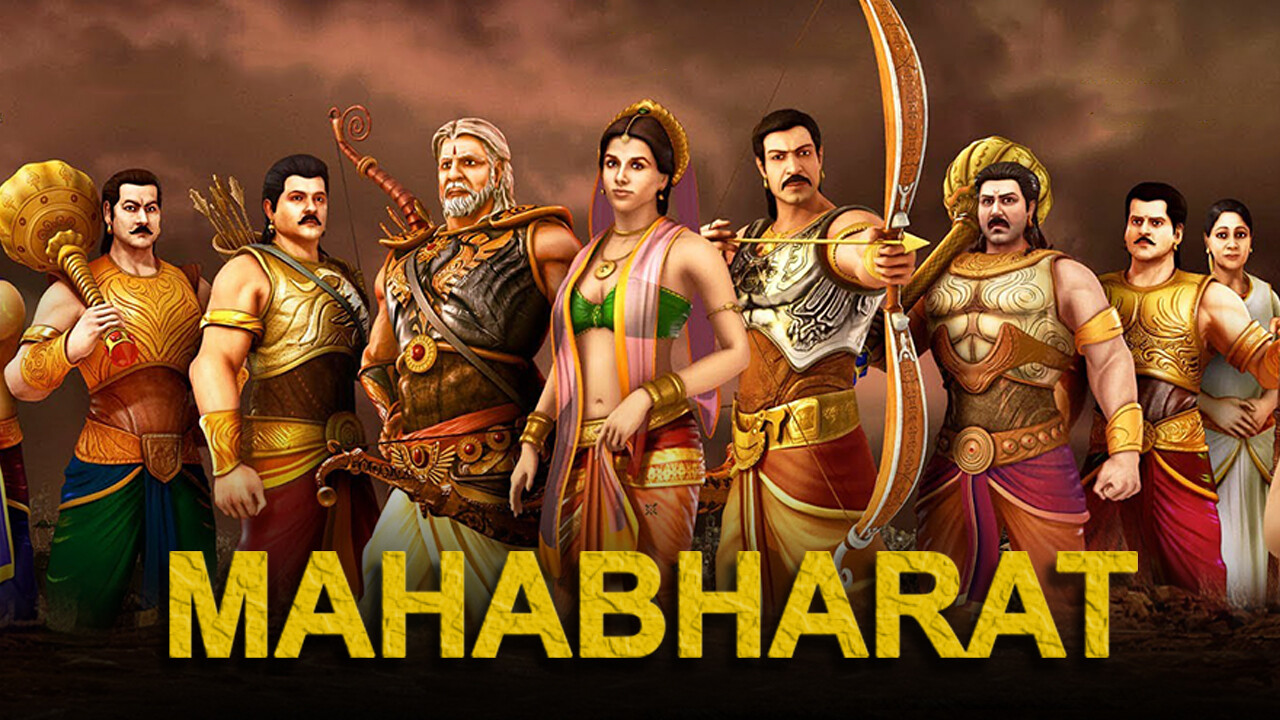

But the limpid pace with which the narrative moves, along with the tactful compression of plot and action, kept me absorbed. Running close to 5 hours, 30 minutes, it might seem overwhelmingly long at first.
#Mahabharata tv series 2019 movie
Watching the movie adaptation of Brook’s Mahabharat a 30 years on is still a singular experience. Folk and classical forms like Bharatanatyam, Kathakali, Chau, Theyyam and Yakshagana eventually inspired the props and the narrative tenor of the play and the movie, in spite of the diverse cast that appeared in both.

The unbroken lines of tradition in artistic and cultural practices leave them deeply moved. They see glimpses of the characters among the locals (“Big Bhishma" in Madras is one such specimen). In reality, as they step on Indian soil, their association with the epic deepens beyond their expectation. The search for the Mahabharata, as Brook and his colleagues realized, only begins with their familiarity with the text. The episode, recounted in Carrière’s crisp and deadpan style, elicits suppressed humour among the company, but also becomes a moment of reckoning (one among many) for them during their time in India. On hearing he was from London and owned a house there, the chief nodded with satisfaction and moved on to what seemed to him the obvious next question: “How many cows in your house in London?"

“Where are you from?" the chief asked Brook. As with almost all encounters in India, the chief opened with a standard enquiry, Carrière says in Big Bhishma In Madras, a memoir of his search for the Mahabharata with Brook, which was recently reissued in Aruna Vasudev’s translation from the French.


 0 kommentar(er)
0 kommentar(er)
